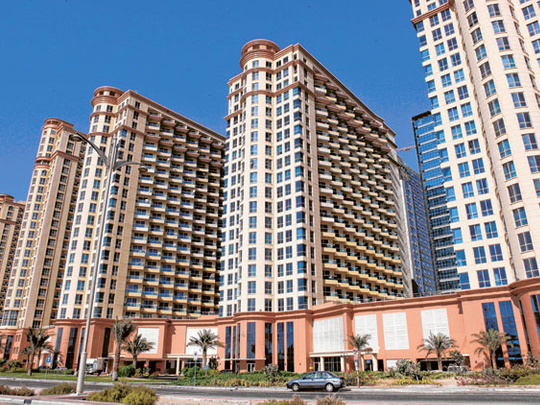
The media laws in the UAE could use a revision. The lack of strong protections for journalists leaves the UAE at the lower end of the international rankings regarding press freedom, firmly in the ‘not free' category.
Dr Abdullkhaleq Abdulla, a professor at UAE University, recently deemed the latest rankings as ‘worrying' and suggested that Foreign Minister Shaikh Abdullah Bin Zayed Al Nahyan could take up the issue in his new position as chairman of the UAE's National Media Council. The Federal National Council committee that oversees the media also recently held a meeting in which the media law was discussed.
One of the complaints about both the current media law and revised legislation proposed and shelved in 2009 is that they are overly restrictive regarding the role of journalism in society. Much of their provisions tell journalists what they can't do rather than offering protections for what they can do. But any changes to the UAE's media laws cannot simply involve taking the legislation of another country and abruptly imposing them here.
What the UAE (and many other Arab countries) requires is a detailed media law that provides a foundation that protects the profession of journalism while also creating well-marked boundaries to ensure that the press is as responsible as possible. In countries with established media freedoms, these boundaries have been created over the years through the legal system, court precedents that generally draw the line for journalists at defamation of character caused by inaccurate reporting. As a foundation for a new media law, we should look towards recently released guidelines set by Abu Dhabi Media Zone, a media-creation free zone anchored by the content-incubator TwoFour54.
Freedom of expression
Late last year, the Media Zone Authority (MZA) issued a 24-page ‘content code' that aims to offer just the kind of guidance required by journalists and media producers operating in the UAE. Rather than being overly burdensome, these detailed content guidelines address the unique social and cultural situation here. The code balances societal concerns against the duty of the news media and other content creators as well as the needs of 21st century audiences who increasingly have access to a free flow of information.
The code aims to balance "freedom of expression with a duty to take account of the social and cultural expectations of society." The guidelines specifically mention the treatment of religion, the ruling families and privacy as cultural expectations that should be respected.
The guidelines propose restrictions on content such as the avoidance of "intentional infringement of privacy." The rules also demand that news dissemination "be done with accuracy" to ensure subjects are treated fairly. Media outlets in nations recognised for their free press do face similar restrictions. Many countries protect a ‘right to privacy' to ward off unwarranted media invasions. They also allow for civil libel lawsuits that allow the victims of inaccurate news reports sue for damages. However, in many countries with stronger protections for the press, court rulings have made clear the type of reporting that is both allowed and encouraged. These rulings make it hard for government officials to use their positions to muzzle the press in an attempt to keep embarrassing information from being exposed.
In this respect, one part of the media zone's guidelines is stunning and notably absent in the UAE's current and draft media laws. The guidelines make clear the editorial justification that allows the media to disseminate the news even if it "has the potential to cause harm."
Editorial justifications, according to the MZA code, include "the exposure of crime, corruption, antisocial behaviour, injustice or serious impropriety, protecting public health or safety, exposing lies, hypocrisy or materially misleading claims made by individuals or organisations, disclosing incompetence, and negligence or dereliction of duty that affects the public."
The guidelines essentially authorise news outlets to practice the type of healthy watchdog journalism commonplace in many nations. A UAE news organisation operating under a media law based on this code would feel empowered to investigate wrongdoing and public malfeasance without worry of any retribution. Even if the police, prosecutors or an offended party took issue with a report and took the journalist to court, a judge would have to weigh the reporting against the stated legal protections regarding the exposure of wrongdoing. Such a law would drastically improve the ability of journalists to practise good journalism in the UAE.
As Arab countries struggle with the new realities of a post-Arab Spring world, many will be taking a look at their media laws — all of which reflect an outdated mass media era. Indeed, Qatar recently announced that their government would soon issue a revision of its media law. The UAE should lead the way in this effort. In a country that excels at firsts, a revised media law based on these culturally sensitive content guidelines would provide an excellent example for the Arab world to follow.
Dr Matt J. Duffy teaches journalism and media law at Zayed University in Abu Dhabi. You can follow him on Twitter at www.twitter.com/mattjduffy









